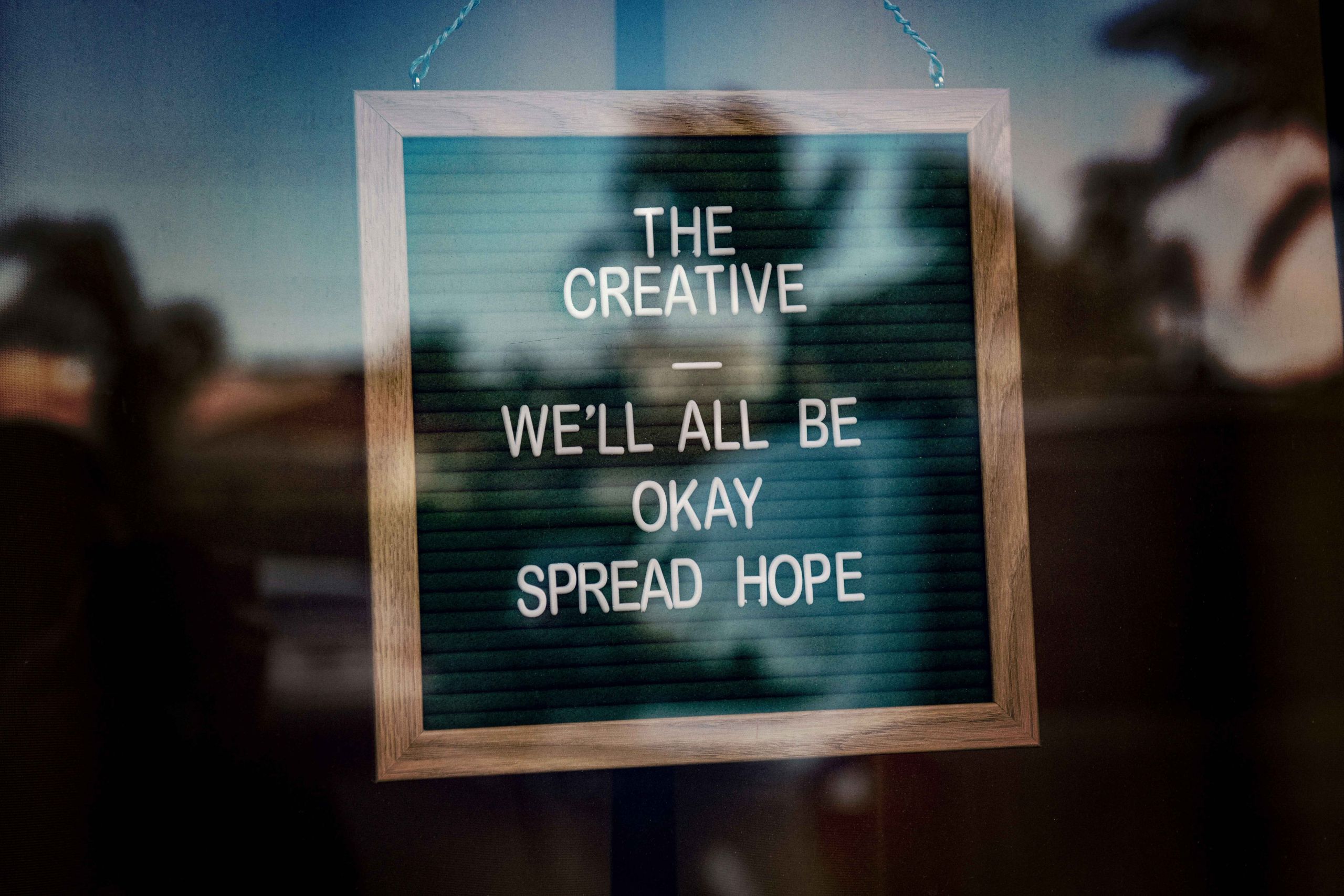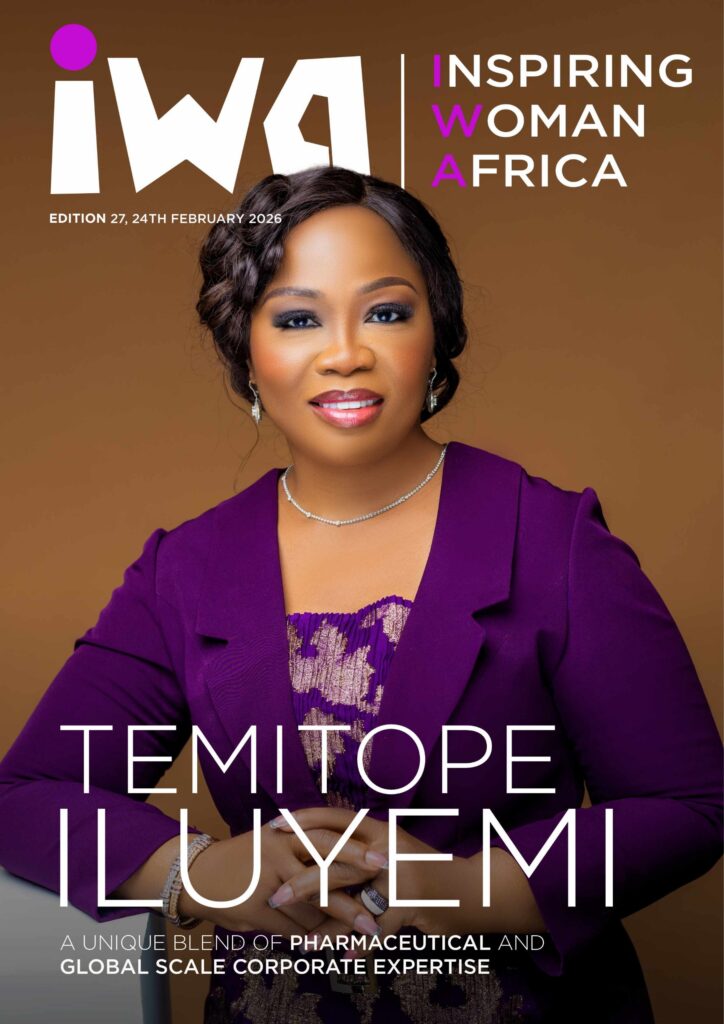
Let’s talk about it.
The creative industry is electric. Passion, drive, raw talent. You can feel it the moment you walk into a room full of creatives; the ideas are bold, the energy is contagious, the vision is limitless.
But here’s the uncomfortable truth: passion is not enough.
While many creatives are burning themselves out chasing opportunities with nothing but talent and drive, people with corporate backgrounds are quietly moving in. They’re setting up creative divisions, launching “cultural initiatives,” and positioning themselves as leaders in the space. And when funding opportunities come up, they get the grants, the sponsorships, and the investments, not necessarily because they’re more talented, but because they’re structured.
And the system recognises structure.
I’ve seen it play out again and again. A super talented filmmaker can’t get a grant because they don’t have a registered company or audited accounts. A fashion designer misses out on a partnership because they can’t put together a proposal that speaks to corporate boards. Meanwhile, someone who’s never designed a dress in their life but knows how to package an idea in a deck will walk away with the deal.
It sounds unfair, and thinking about it cut actually is but it also makes sense. Money flows where accountability lives. Funders, donors, investors are not just buying into your art, they’re buying into your ability to deliver, to track, to report. If they can’t see that structure, they won’t risk it.
And this is the tragedy: the real culture-shapers, the people actually making the music, telling the stories, designing the fashion, painting the pictures are the ones missing out. They’re so focused on the passion that they forget passion without structure doesn’t last.
I’m not just writing as a bystander, I’ve been involved in the business of media and entertainment for a while, but even I knew passion and vision wouldn’t cut it. I made it a point to regularly get advice from people in the finance space, constantly checking for updates in their requirements. I hired and collaborated with people who cover my blind spots: chartered accountants, HR specialists, and legal minds. I joined communities with entrepreneurs from other industries who understand the world of grants, loans, and finance. Why? Because I know my creativity is powerful, but without structure it can’t grow, and I refuse to let that be my story.
I’m building a creative company that will play in deep waters and that won’t happen without structure.
Creativity without structure is like water with no container. It looks beautiful in motion, but it can’t be stored, scaled, or directed and eventually, it just evaporates.
So, what should you, the creative reading this do about it?
First, start thinking of yourself as a business.
Register your company. Open a business account. Track your work and your income. Even if you’re small, start somewhere.
Second, learn to speak the language of structure. Proposals, budgets, reports and corporate governance aren’t your enemies. You don’t have to do it all yourself, but collaborate with people who can. Pair your creative fire with someone’s organisational strength. Passion plus structure is power.
Third, let’s stop seeing corporate people as outsiders who are “taking over our space.” Yes, some are opportunists. But some genuinely believe in the arts and know how to unlock doors creatives can’t. Instead of resenting them, maybe we need to learn or partner with them, so that creatives aren’t always left behind.
Because the truth is, the corporate takeover of creativity is only happening because creatives left the door wide open. By resisting structure, we made room for others to step in and profit off what we built.
But it doesn’t have to stay that way.
We don’t have to choose between being “artsy” and being “corporate.” We can be both creative enough to shape culture, and structured enough to secure the funding that makes the work sustainable.
Passion sparks the fire. Structure keeps it burning.
I’m hoping we can become an industry that protects its borders with the required amount of passion and of course, structure.
What do you think?
Let’s talk about it.
Toyosi Etim-Effiong is a distinguished media executive who is bridging the gap between Nollywood and the global film and TV industry. With over 10 years of multifaceted experience in the media industry, she possesses the vital exposure and skills needed to drive media-related and experiential projects. She is also the founder and CEO of That Good Media, a media solutions company with a talent management as well as an international partnerships division.
Latest Posts
-
Feb 24, 2026 Busie Matsiko
-
Feb 24, 2026 Seven Money Moves to Make Today






